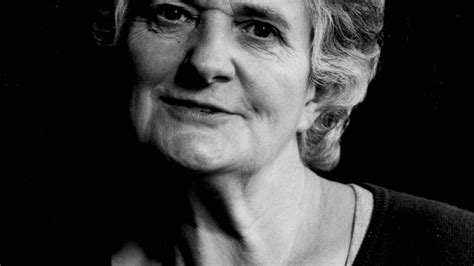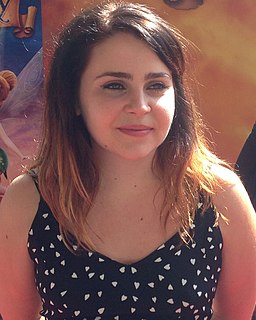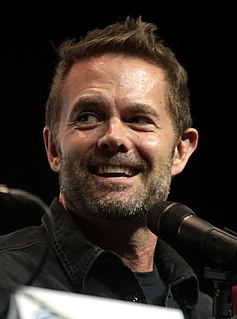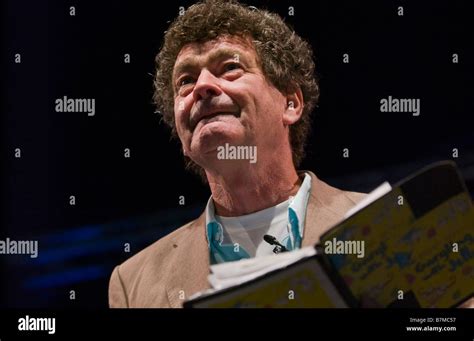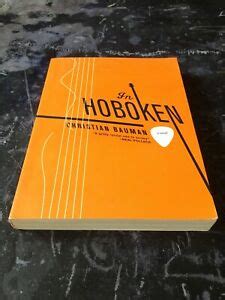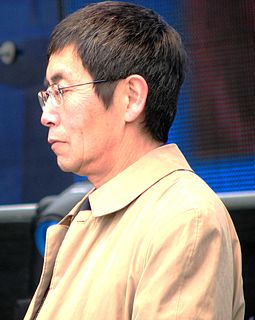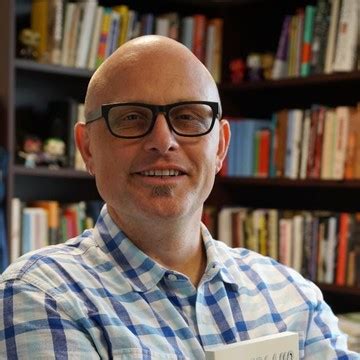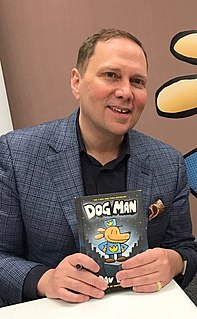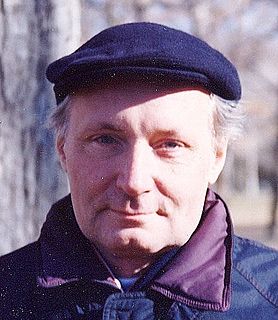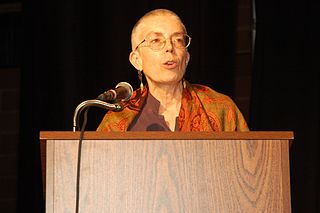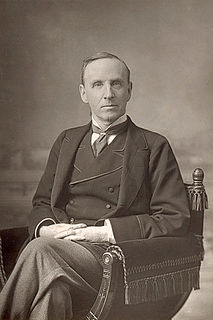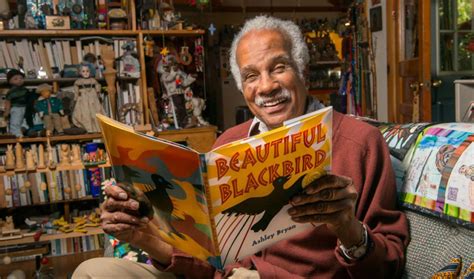Top 1200 Poetry Reading Quotes & Sayings - Page 17
Explore popular Poetry Reading quotes.
Last updated on November 15, 2024.
An acquaintanceship with the literature of the world may be won by any person who will devote half an hour a day to the careful reading of the best books. The habit of reading good books is one that gives great comfort in all the stages and among all the vicissitudes of life. The man who has learned to love good reading is never alone. His friends are the great ones of human history, and to them he may always go for stimulating and helpful communion. -GQ 71
I hope any poem I've ever written could stand on its own and not need to be a part of biography, critical theory or cultural studies. I don't want to give a poetry reading and have to provide the story behind the poem in order for it to make sense to an audience. I certainly don't want the poem to require a critical intermediary - a "spokescritic." I want my poems to be independently meaningful moments of power for a good reader. And that's the expectation I initially bring to other poets' writing.
If I could take all my parts with me when I go somewhere / and not have to say to one of them, ‘No, you stay home tonight, you won’t be welcome’/ because I’m going to an all-white party where I can be gay but not Black / Or I’m going to a Black poetry reading, and half the poets are anti-homosexual / or thousands of situations where something of what I am cannot come with me / The day all the different parts of me can come along / we would have what I would call / a revolution
My biggest poetic influences are probably 20th-century British and Irish poets. So I suppose I'm always listening for the music I associate with that poetry, the telling images, the brevity. I want to hear it in my own work as well as in the poetry I read. However, I think I'm generally more forgiving of other poets than myself.
I had no one to help me, but the T. S. Eliot helped me. So when people say that poetry is a luxury, or an option, or for the educated middle classes, or that it shouldn’t be read at school because it is irrelevant, or any of the strange stupid things that are said about poetry and its place in our lives, I suspect that the people doing the saying have had things pretty easy. A tough life needs a tough language – and that is what poetry is. That is what literature offers – a language powerful enough to say how it is. It isn’t a hiding place. It is a finding place.
As poetry is the highest speech of man, it can not only accept and contain, but in the end express best everything in the world, or in himself, that he discovers. It will absorb and transmute, as it always has done, and glorify, all that we can know. This has always been, and always will be, poetry's office.
I've never thought of my poems as violent. Violence, to me, has so much negativity attached to it - maybe that's my trouble with the word. But ferocious - indeed, I'll take it. And yes, poetry does need a bit of ferocity. Poetry needs to be alive, unabashedly, and, for me, that entails seeing its complexity - the grit and grimness and jubilance and beauty.
If you want to change people by talking about God, then there is only one way: instead of teaching God, you must live God. Because: "teaching" God is unthinkable in any other way than the way you would teach love or poetry. You teach love only through love, poetry only through writing poetry, faith in God only through a contagious way of trusting.
While it is unlikely that poetry or art shall eliminate the reality of war in the twenty-first century, it is thrilling to know there remain individuals, and even entire communities, still willing to invest in art and poetry's own uniquely explosive contributions to the great, and small, dramas of human history.
I'm primarily a poet, so I'd have to say in my case I'd investigate the mystery in poetry in a different way than prose might investigate it, in a way that includes the power of the music of language and maybe more imaginatively in poetry, but I don't really know about better or worse. I guess it depends on the writer.
I would say there are different kinds of poems. There are things that poets in the history of poetry hit upon when they're very young that can never be outdone and it's a remarkable, strange experience when you think of say Arthur Rimbaud who write poetry between the ages of 17 and 21 whose career was over by the time he was 22.
we are far too used to the assumption that poetry and poets will be there when we want them, no matter how long they have been ignored, taken for granted, misused. After all, isn't poetry a form of prophecy, and aren't prophets known for their talent for flourishing in inhospitable deserts and other bleak surroundings? Maybe. But maybe not indefinitely.
To write poetry, like sincere poetry, it is like performing heart surgery on yourself without anesthesia...in public...You are peeling back layers. You are dissecting yourself...You do not know what they [the audience] is going to do when you reach into yourself and rip out your organs to be displayed
I love poetry. It's at the heart of everything I do. Poetry transforms what we call language, and uses language as the stuff to become something else. I get spun around by what happens in words. When that occurs, it inspires images that seem so original to me as an artist, even though I'm following what the poem has offered.
I've learned mainly by reading myself. So I don't think I have any original ideas. Certainly, I talk about reading Graham. I've read Phil Fisher. So I've gotten a lot of my ideas from reading. You can learn a lot from other people. In fact, I think if you learn basically from other people, you don't have to get too many new ideas on your own. You can just apply the best of what you see.
Poetry can be criticized only through poetry. A critique which itself is not a work of art, either in content as representation of the necessary impression in the process of creation, or through its beautiful form and in its liberal tone in the spirit of the old Roman satire, has no right of citizenship in the realm of art.









